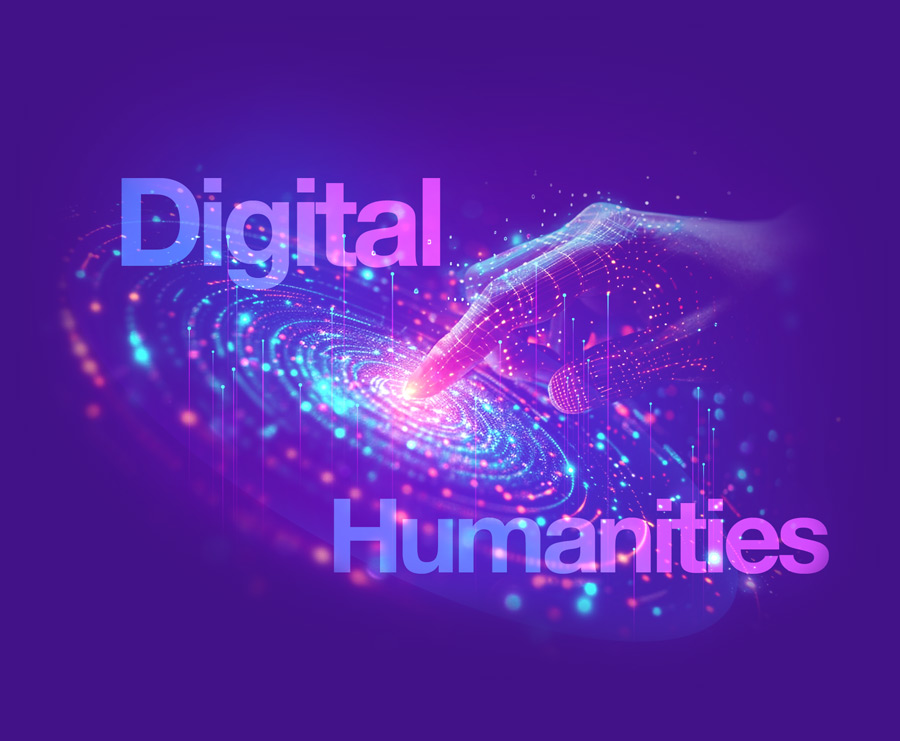
Этот сайт использует файлы cookie. Собранная при помощи cookie информация не может идентифицировать вас, однако может помочь нам улучшить работу нашего сайта. Продолжая использовать сайт, вы даете согласие на обработку файлов cookie.



















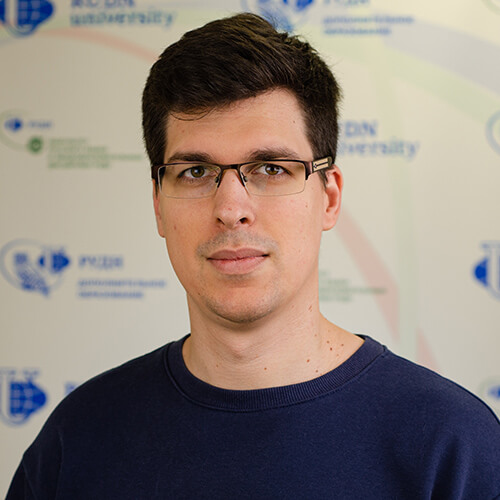
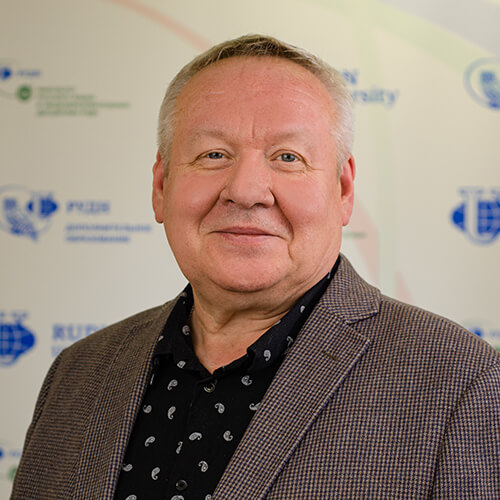
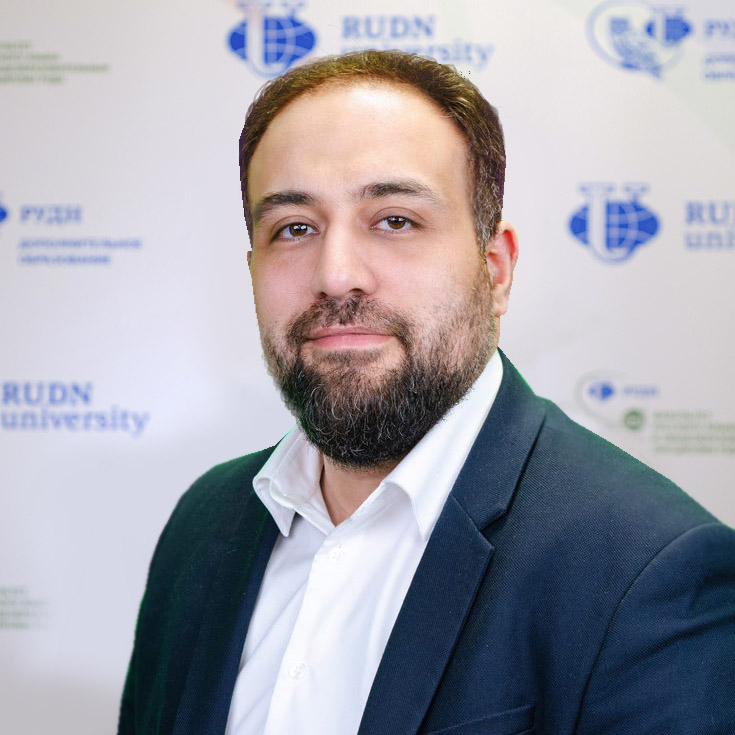
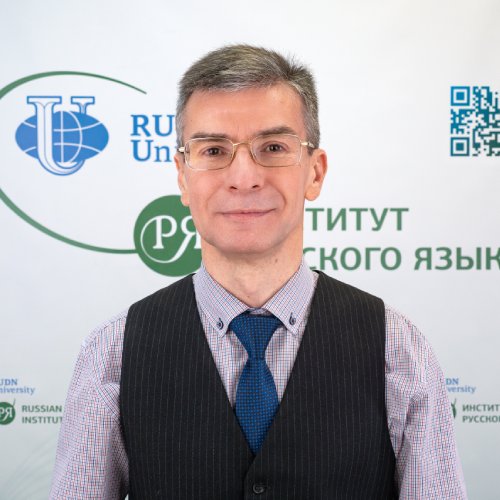
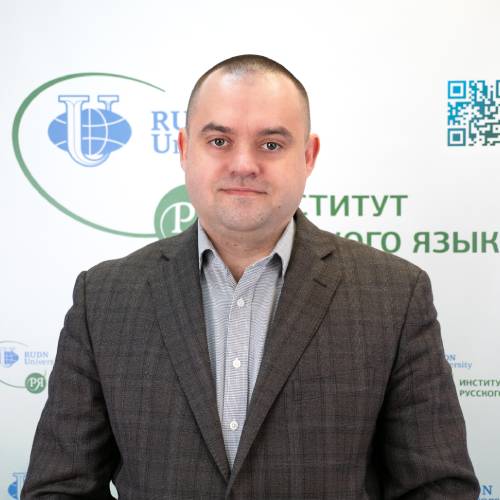







Start of admission of documents
1 June
Closing of admission
20 August
RUDN entrance exams period
till 29 August
Closing of submission of consent applications and originals (till 12:00)
30 August
Payment of tuition fee invoice
Not later than 10 days from the date of the contract conclusion
Start of the academic year
1 September
 Conditions of admission (2024/2025)
Conditions of admission (2024/2025)

Start of admission of documents
1 April
Closing of admission
28 September
Official response from RUDN
14 to 30 days from the date of application
Confirm your tuition and pay the offer
The deadline is indicated in the offer contract
Prepare the full package of documents and receive your visa
From 3 weeks to 1.5 months
RUDN entrance exam period
till 27 September
Pay the tuition contract and have a medical check-up
by 30 September
Start of the academic year
1 October
 Full list of documents and admission requirements for foreign citizens (2024/2025)
Full list of documents and admission requirements for foreign citizens (2024/2025)
Full-time study
For Russian and CIS citizens
300 000 ₽
For non-CIS citizens
6 100 € / 6 300 $ / 44 350 ¥
